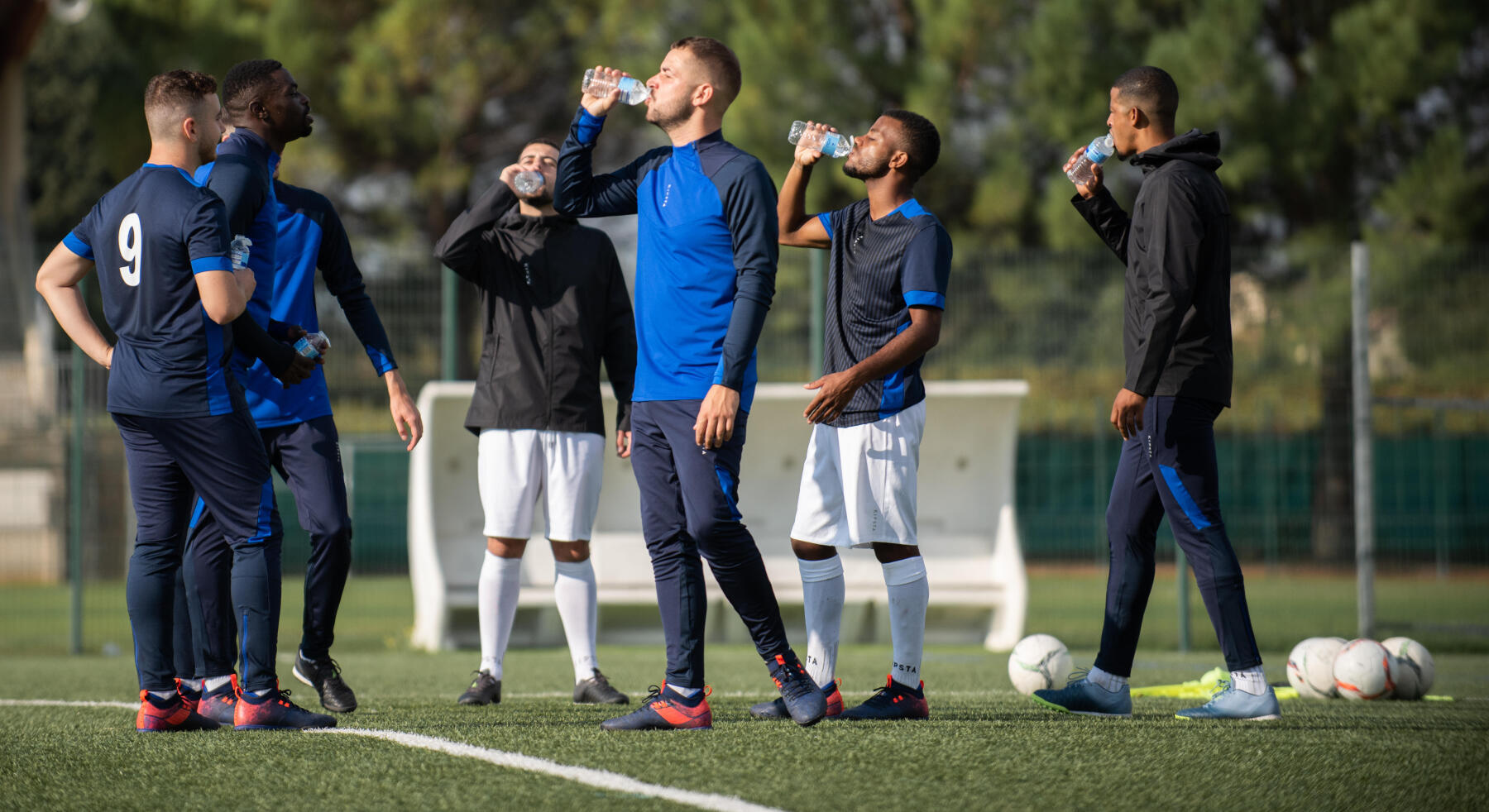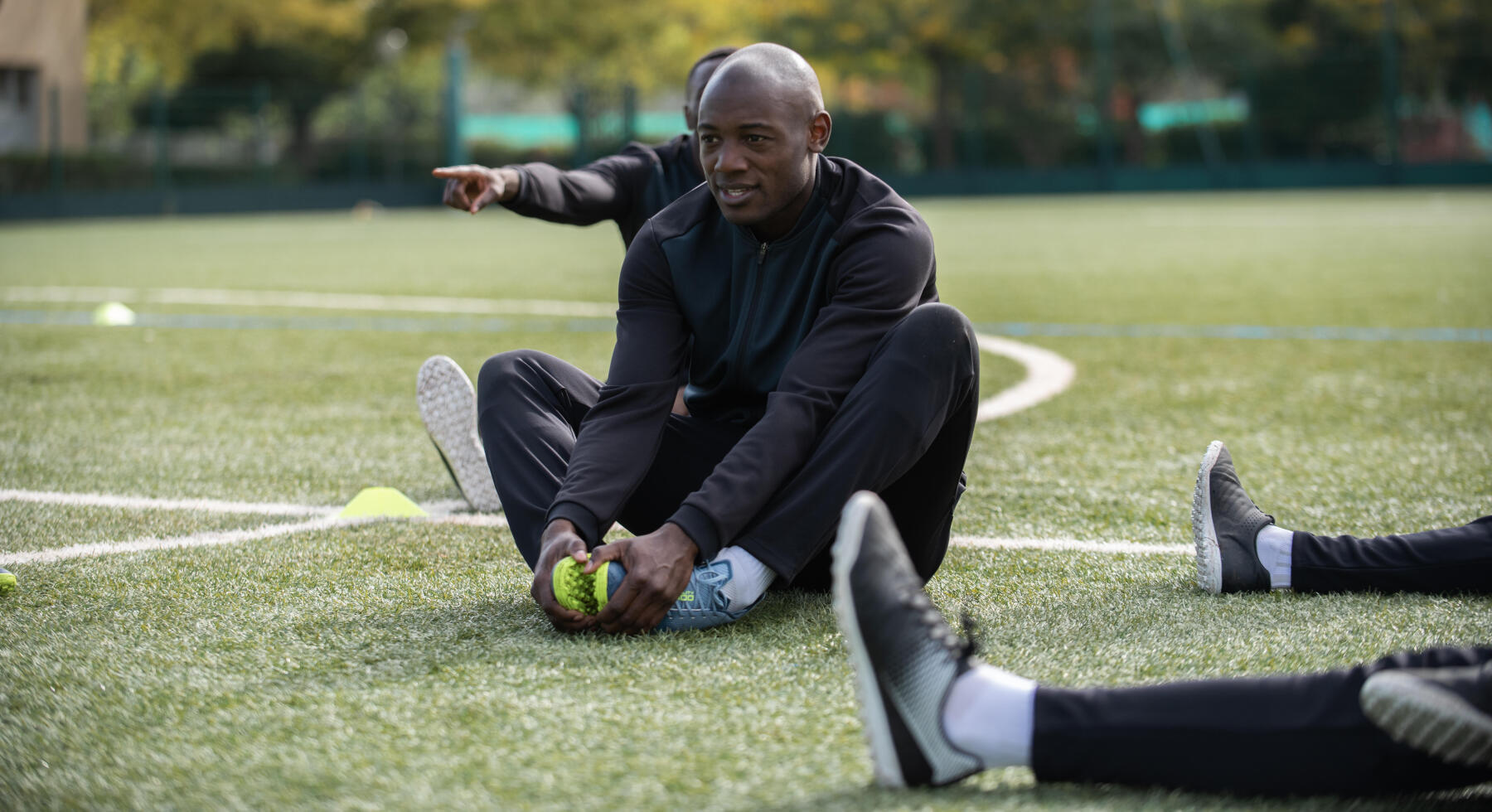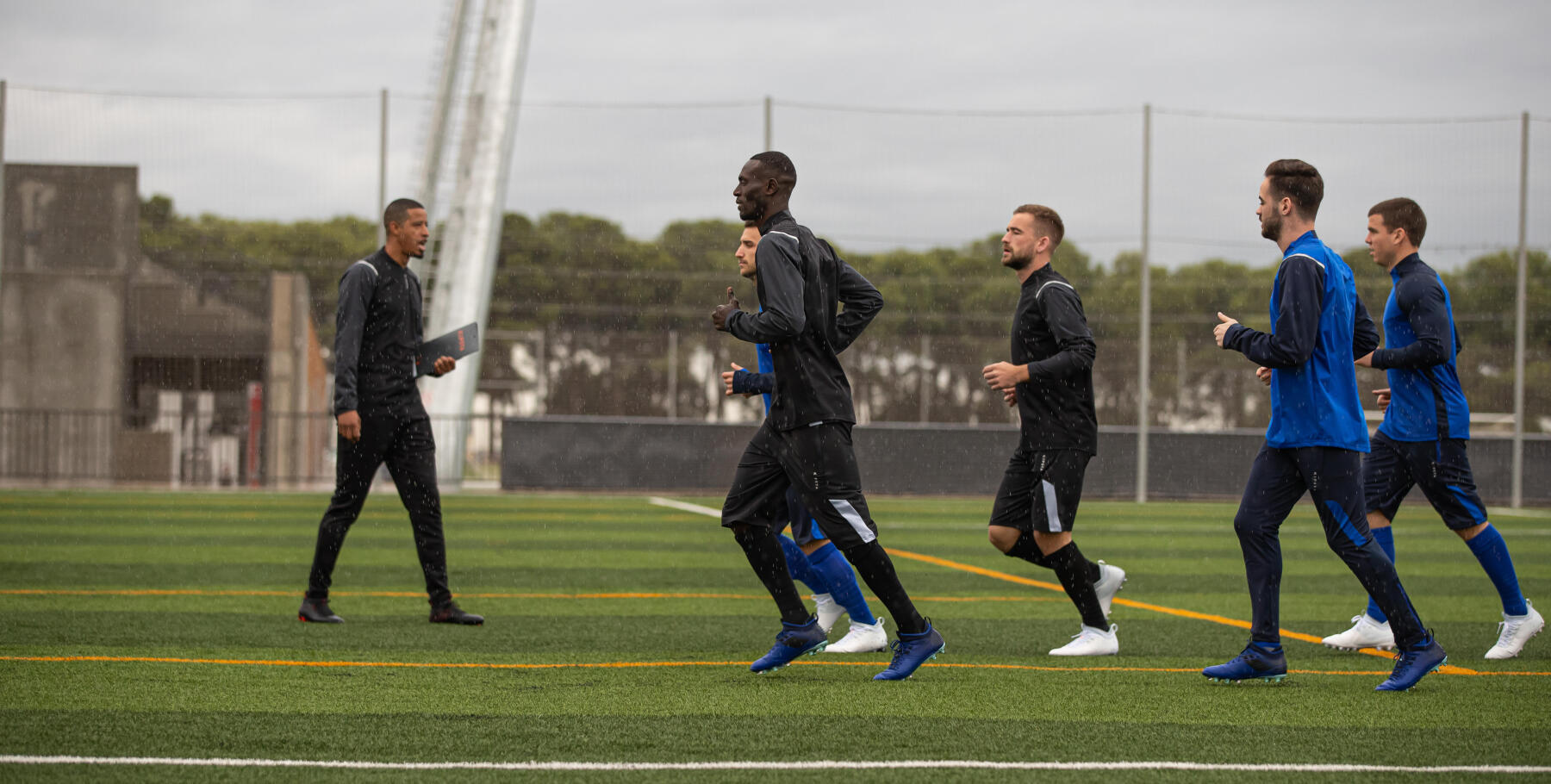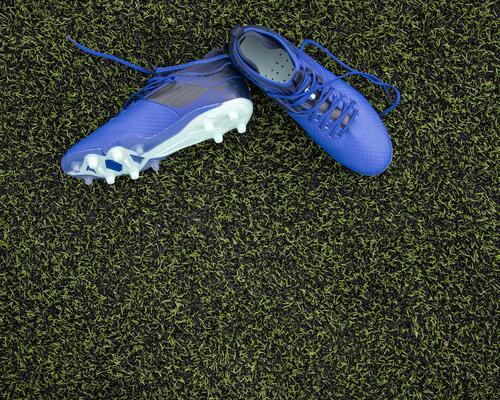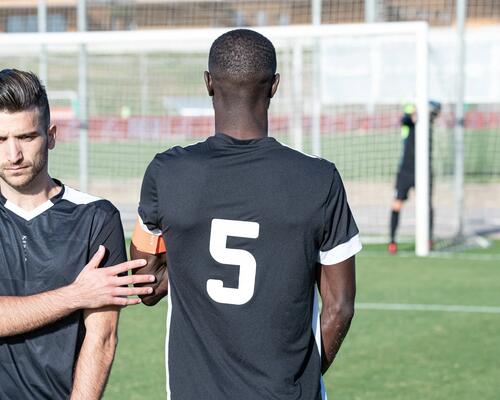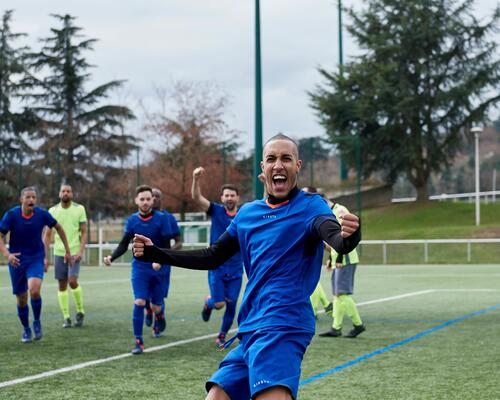1/ Hydration:
During a match, you'll sweat and lose a lot of water. You'll need to make sure you drink enough to compensate for this water loss. I recommend drinking around 1.5 litres of water in the hours after a match. A handy tip: add a little salt to your bottle to help reduce the concentration of lactic acid and reduce the ache in your legs.
You might also drink a sweet drink. This will help replace the sugars consumed during the match by your legs and liver. And keep yourself hydrated until you go to bed.

